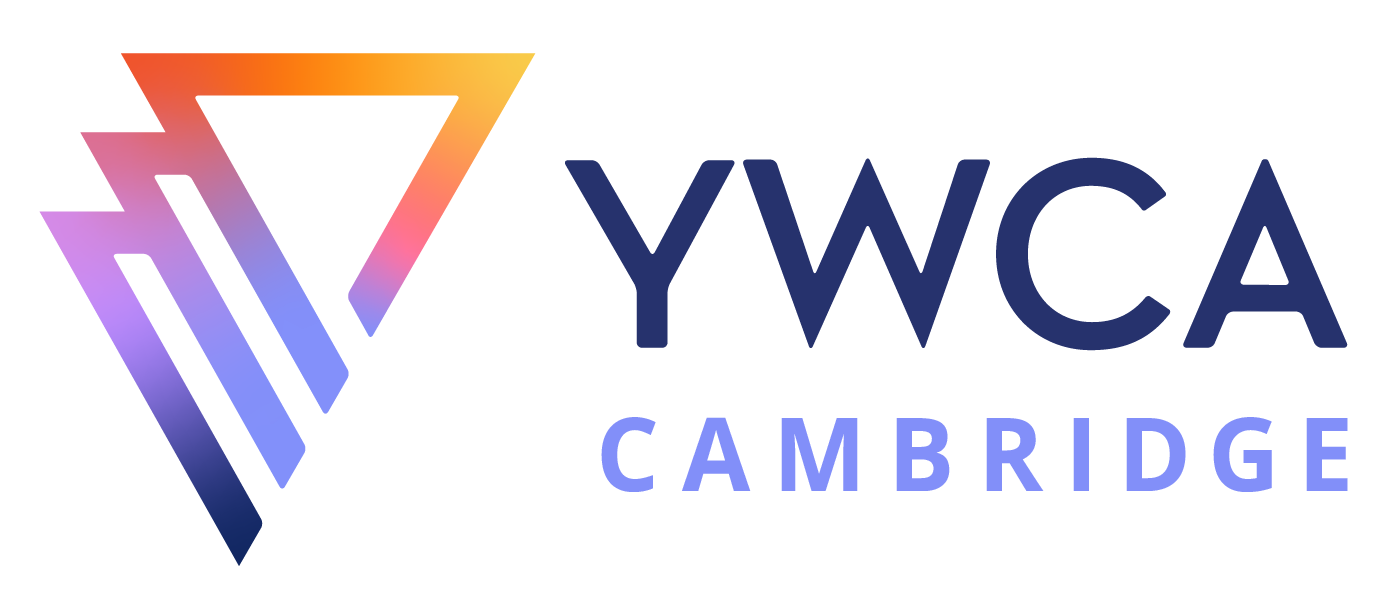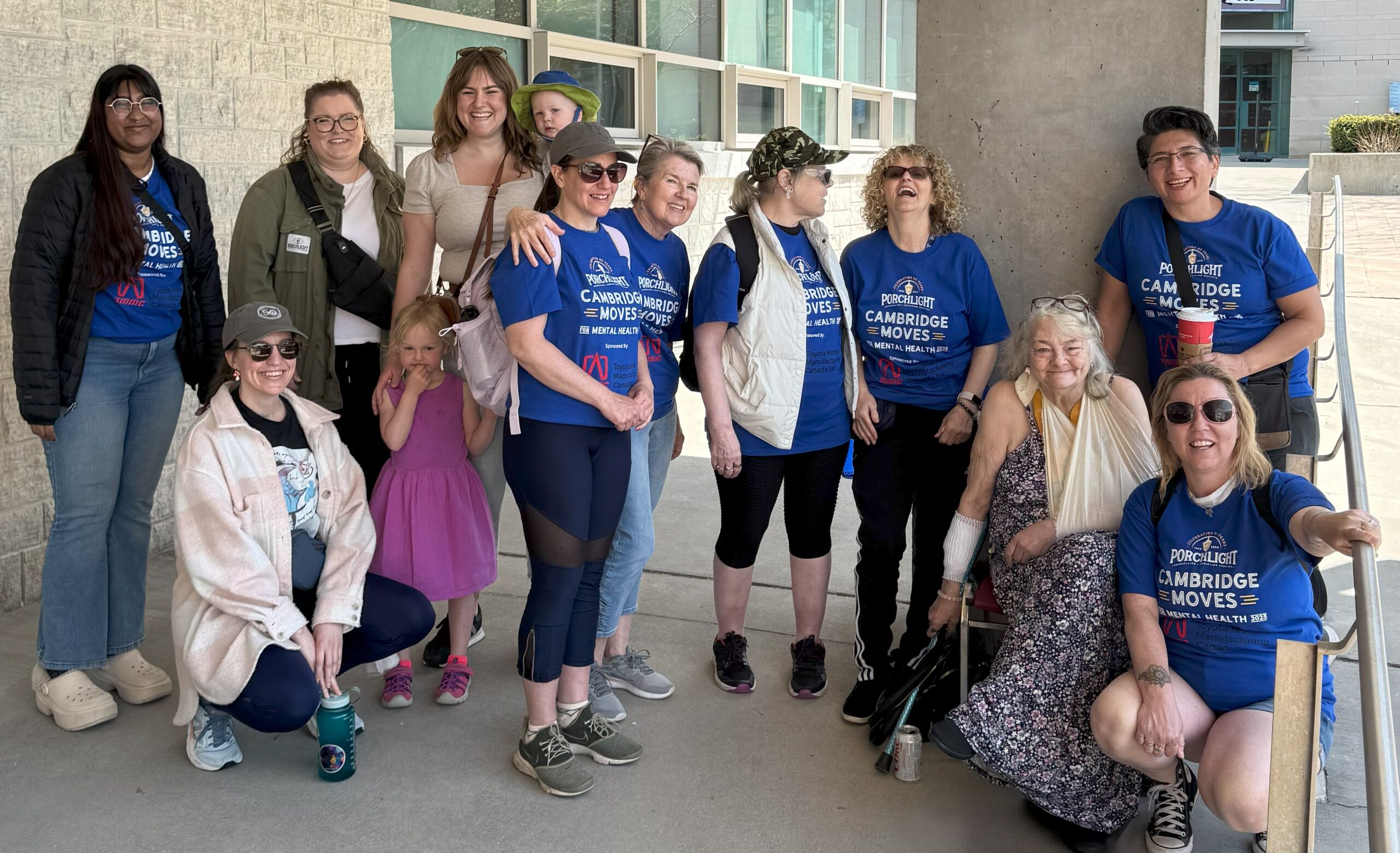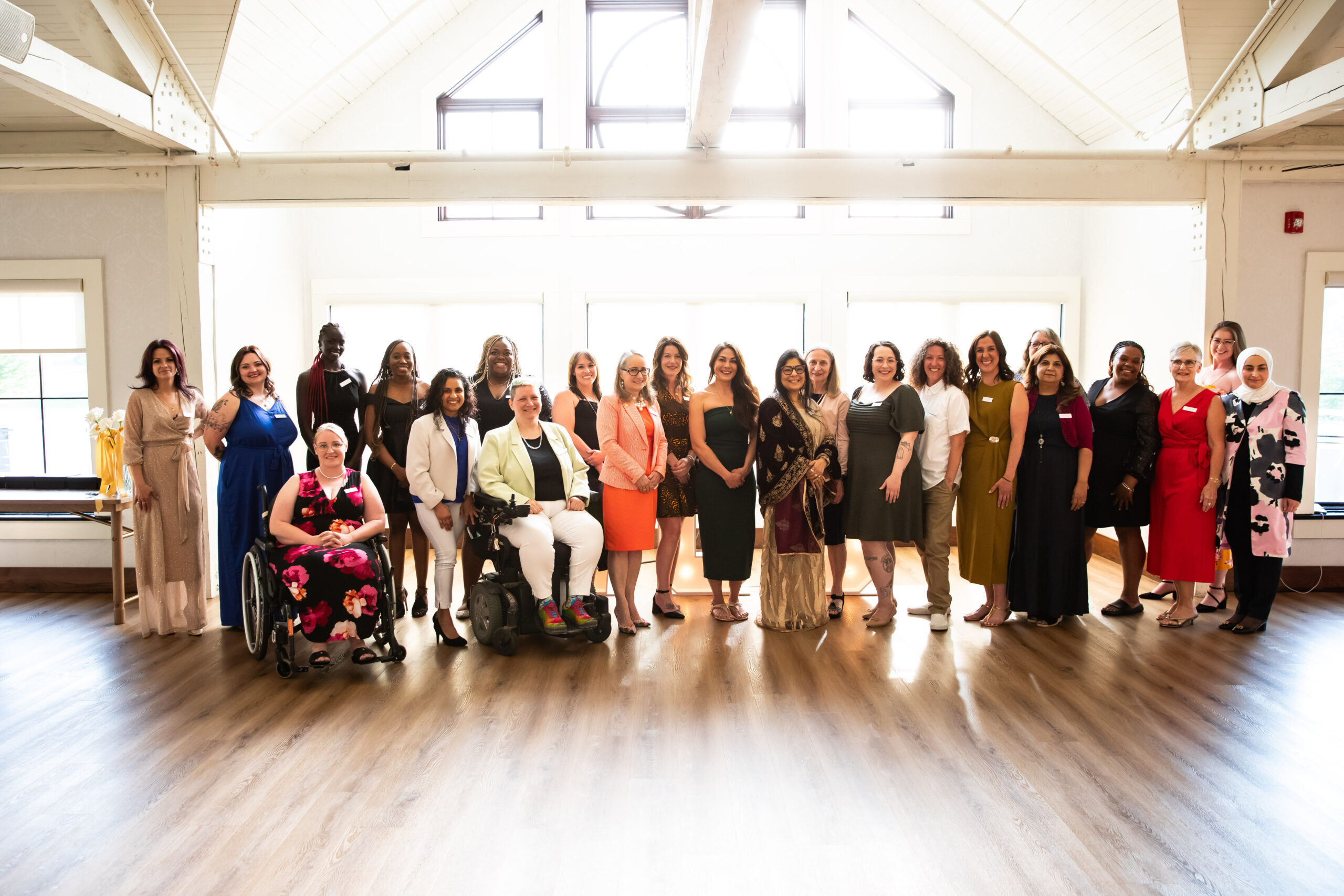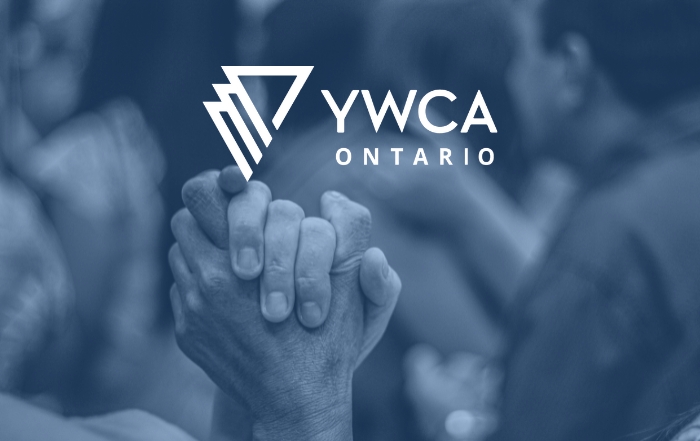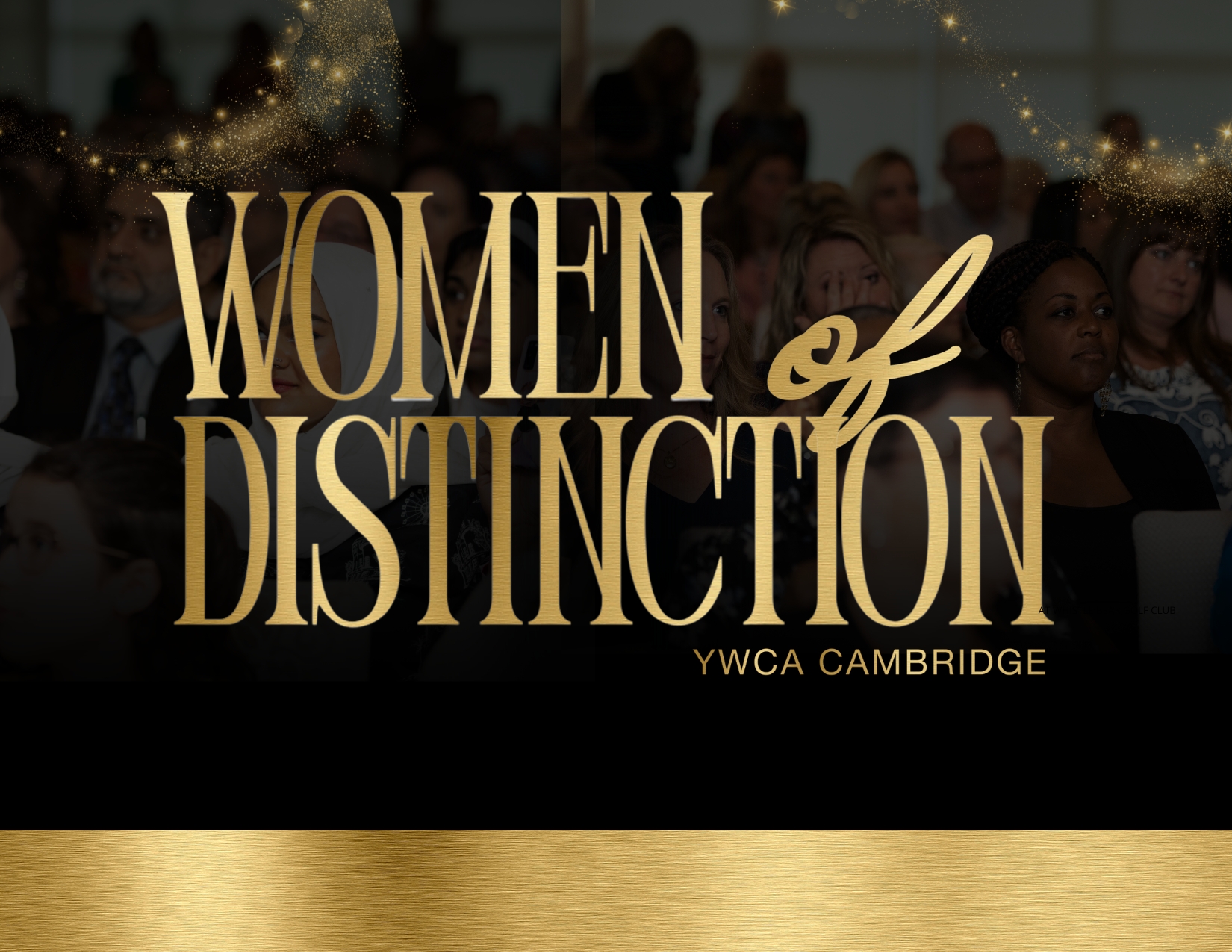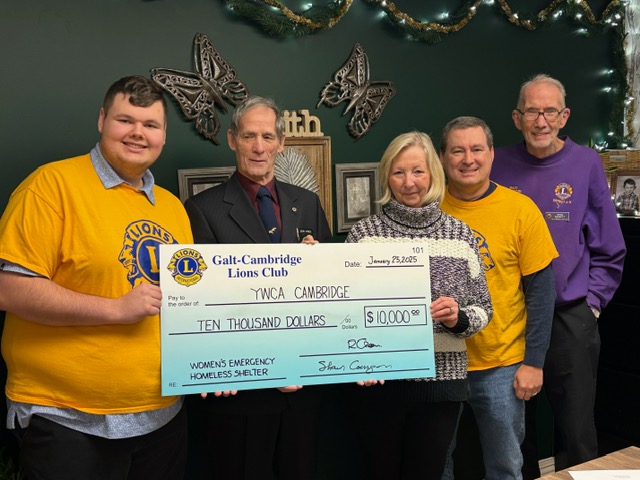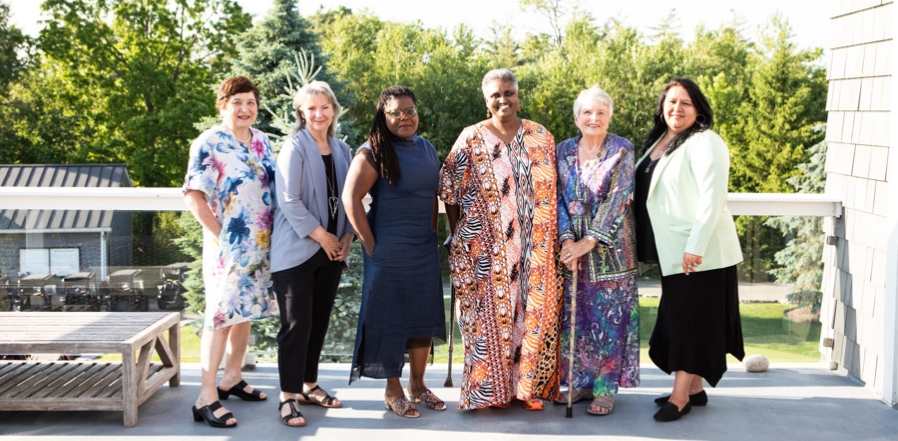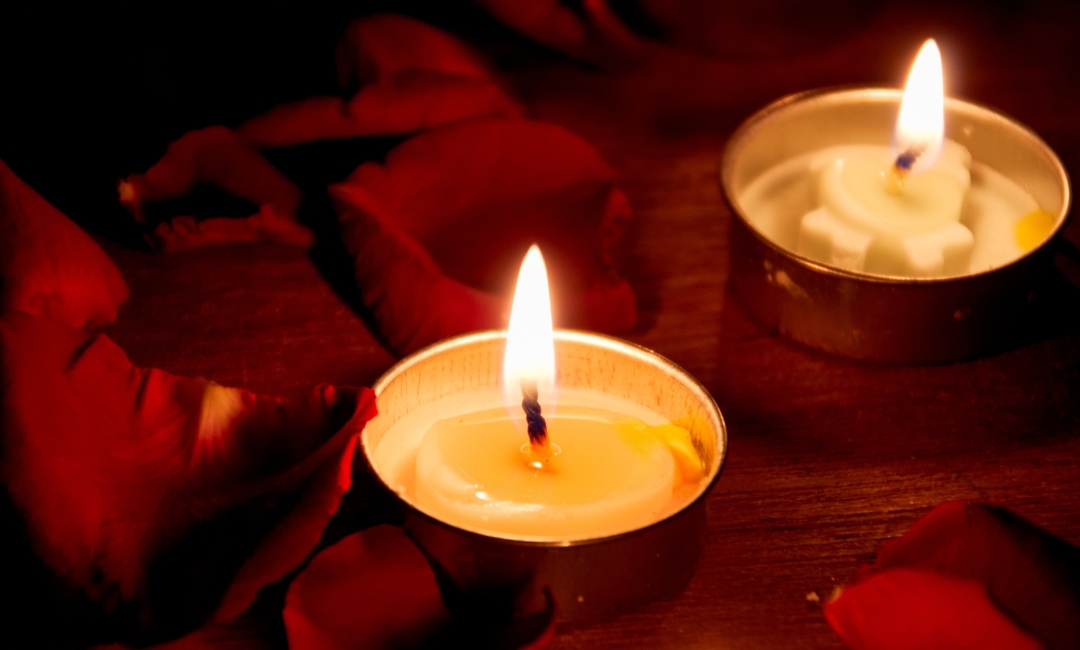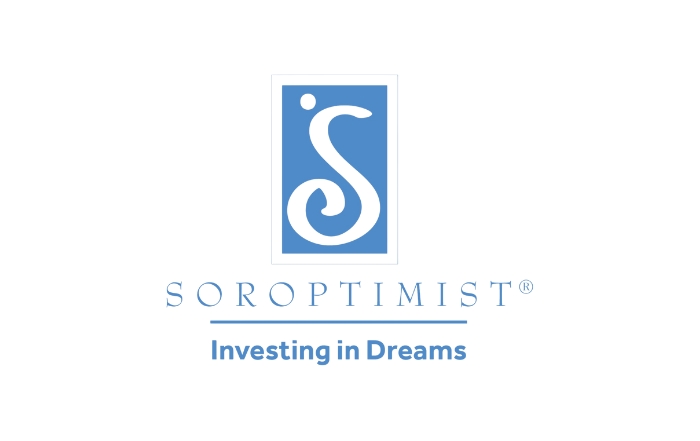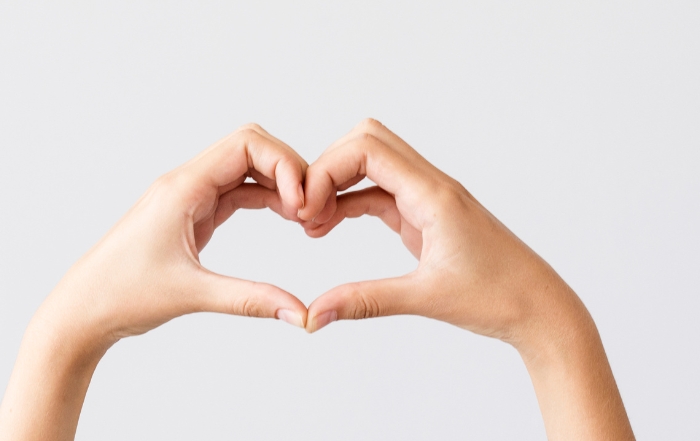This blog is the second in a series by guest blogger and YWCA Cambridge employee Tara Kleinsteuber exploring Truth and Reconciliation and her own story of moving through the world as an Indigenous person.
The title of my last post was “See Me, Hear Me, Understand Me,” and after it was published, I couldn’t help but think to myself “I wonder how many people are reading that I’m a Metis woman, and feeling confusion when they look at the photo of me? Are they ‘seeing’ me?”
I am the child of a Metis mother and a white father. My mother’s father from what we know, had parents who descended from the Red River Settlement. The names of my great grandparents and beyond can be found on lists in the records of the very first Metis families in Manitoba. Most of the names on my family tree can now be Googled. My mother obtained her Metis status after a lengthy process of gathering together her family history and my grandfather’s birth certificate. Why am I telling you all of this? Because I need another qualifier other than “my grandfather attended a residential school.” Isn’t that sad…a “qualifier”? Why do I feel I need to prove that I am worthy of identifying as Metis? Oh, that’s right, because genocide and systemic racism have led us to believe that Indigenous people don’t really exist anymore, and those that do must answer for their blood quantum. Please bear with me as I put together my point for you.
My mother is easily recognized as Indigenous because of her appearance. She has seven brothers, who are all also assumed to be Indigenous because of how they look. Growing up, they endured many acts of racism in the town they grew up in. My mom had long, shiny black hair that the girls would tell her to cut and wash because it was “greasy.” She had boys and men tell her “you can’t be an ‘Indian’; you’re too pretty.” One of her brother’s was physically abused by his grade one teacher. Two of her brothers were severely heckled while they played hockey as youth. Townspeople tied dead baby birds to the fence of their family home. I could go on.
Growing up, I watched as people asked my mom if my oldest brother was really hers, because he was blonde and fair skinned. I watched people follow her around stores. I heard people close to our family call her a squaw and make jokes about tomahawks. Taking all this in, I was glad I didn’t look as “native” as she did. With a last name like Kleinsteuber, it was easy to take on my white identity. Some people could still “tell” that I was different. I got asked “what are you?” a lot. The answer I usually mustered up was “well, my mom is part native.” I did anything I could to not identify. That was especially easy, as my mother was never raised to identify, and never practised any parts of her culture. My grandfather did not allow it.
So, with that being said; one would think I could also ignore the effects of my family’s loss of culture, the trauma I experienced from witnessing the racism perpetuated against my mother, the pain I felt for never really understanding my identity. I didn’t want to be seen as Metis; but that doesn’t mean I wasn’t suffering. I could pass as white or “something else,” but the missing pieces of my identity always made me feel less than. And there was nothing for me. I didn’t learn about my ancestors in school. I didn’t attend programs that were sensitive to stories like mine. Only now, as an adult, am I piecing together the effects of generational trauma, and understanding how much I could’ve benefitted from anti-oppression work and social justice.
When I hear people say, “we don’t have Indigenous people around here,” or people doing community work state that they “don’t serve Indigenous people,” or talk about population percentages within their regions, I think of myself as a little girl. The girl who wasn’t encouraged to check of “Metis” on documents, the girl who preferred to identify as white for her own protection, the girl people assumed was “exotic,” the girl with the white last name, the girl who didn’t understand, the girl who simply wouldn’t be factored in to a population percentage. And even now, I have fears around identifying: what will people think of my parenting if they see that I’m Metis? Am I allowed to identify because I don’t have my status? Is it fair to other Indigenous populations if a white passing woman like me identifies? I am still not included in a population percentage because I still don’t check the box (consistently).
So, rather than asking “do you see me?” in the physical sense, I ask “would you think of me?” Would you think of me the next time someone says “we don’t have Indigenous people around here”? This is a question I want you to keep in your heart. We talked about hearing the truth in my last blog post. Well, the truth is, that we cannot assume that every First Nations, Inuit or Metis being acknowledges their identity on a piece of paper. The truth is that not everyone knows their truth. Not everyone believes their truth. Do you see me now? Because still I don’t always see myself.
